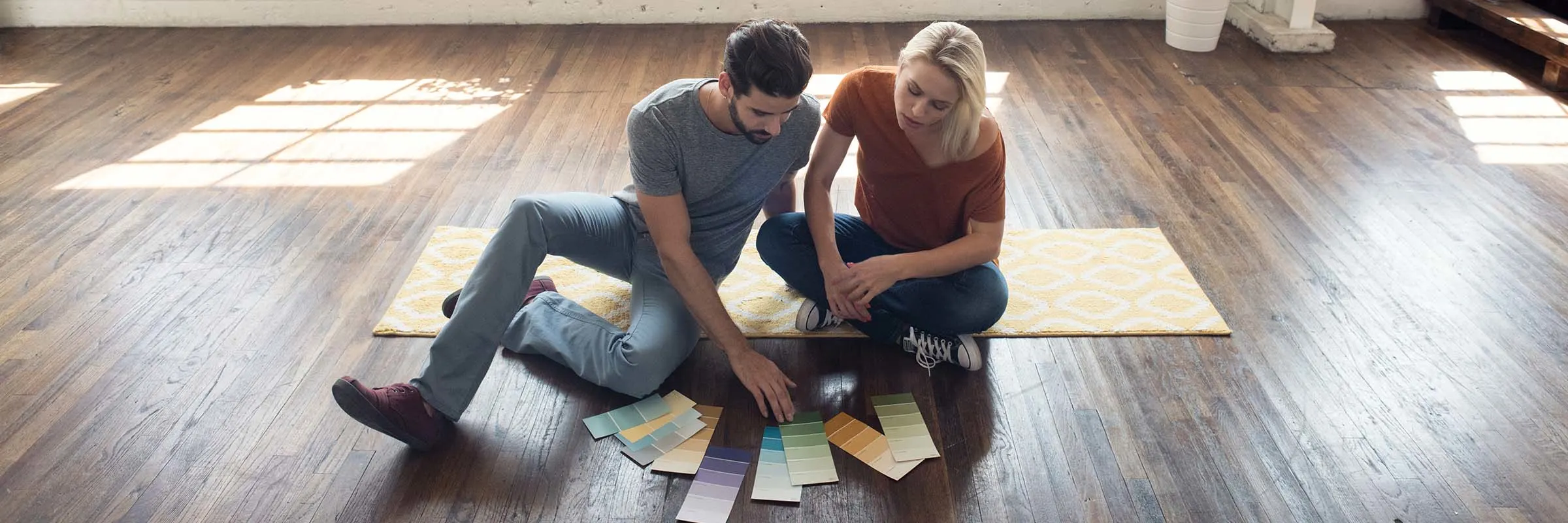The decision to buy a home is a big one, personally and financially. You have a lot to consider — such as location, size and cost. Here’s how to get started.
1. Check your credit score
If you have rented before, you’ve likely had your credit score checked. It’s a quick way for landlords to verify your financial reliability as a tenant. As you prepare to buy a home, the strength of that number is even more important and can impact how large your home loan is and your mortgage rate. Higher scores make you eligible for lower interest rates. This three-digit number gives lenders a glimpse into your financial history.
Credit Score | Rating |
|---|---|
<580 | Poor |
580-669 | Fair |
670-739 | Good |
740-799 | Very Good |
800+ | Exceptional |
Typically, those with a score over 670 are considered by lenders to have good creditworthiness. Most mortgage loans require a score of at least 620, so you may want to improve your credit score before applying. By paying your bills on time, avoiding opening new lines of credit and maintaining a low credit utilization rate, you can begin to boost your score.
Take quiz: Which mortgage is right for you?
2. Decide on a budget
As a first-time homebuyer, you probably have a good grasp of how much money you’ve saved for the house. But do you know exactly how much you can afford to spend on your new home?
As you think through how much to spend, keep in mind the full price tag of buying a home goes beyond the selling price and your down payment. Be sure to factor in things like closing costs, which can be 2% to 5% of a home’s purchase price, and other potential expenses like inspections, homeowner association fees and the typical homeowner costs like maintenance, utilities and more.
Consider optimizing your savings to help you reach your price point by looking for an account that compounds interest daily and does not charge monthly fees, such as Ally Bank’s Savings Account.
3. Calculate your debt-to-income ratio
Another essential element of your financial journey as a new homebuyer is your debt-to-income ratio ( DTI). This percentage shows lenders how much of your money goes toward debt, providing a clear picture of how much you can put toward your mortgage payment each month. As you prepare for homeownership, a low DTI (36% or below) may make it easier to get a loan.
If you’re not sure where your debt stands, use this calculator to quickly find your DTI:
The key to success = preparation
Before you head off to open houses, nail down the details. With a strong understanding of your finances and what you’re looking for, you can start home shopping with confidence.
Next in the series




